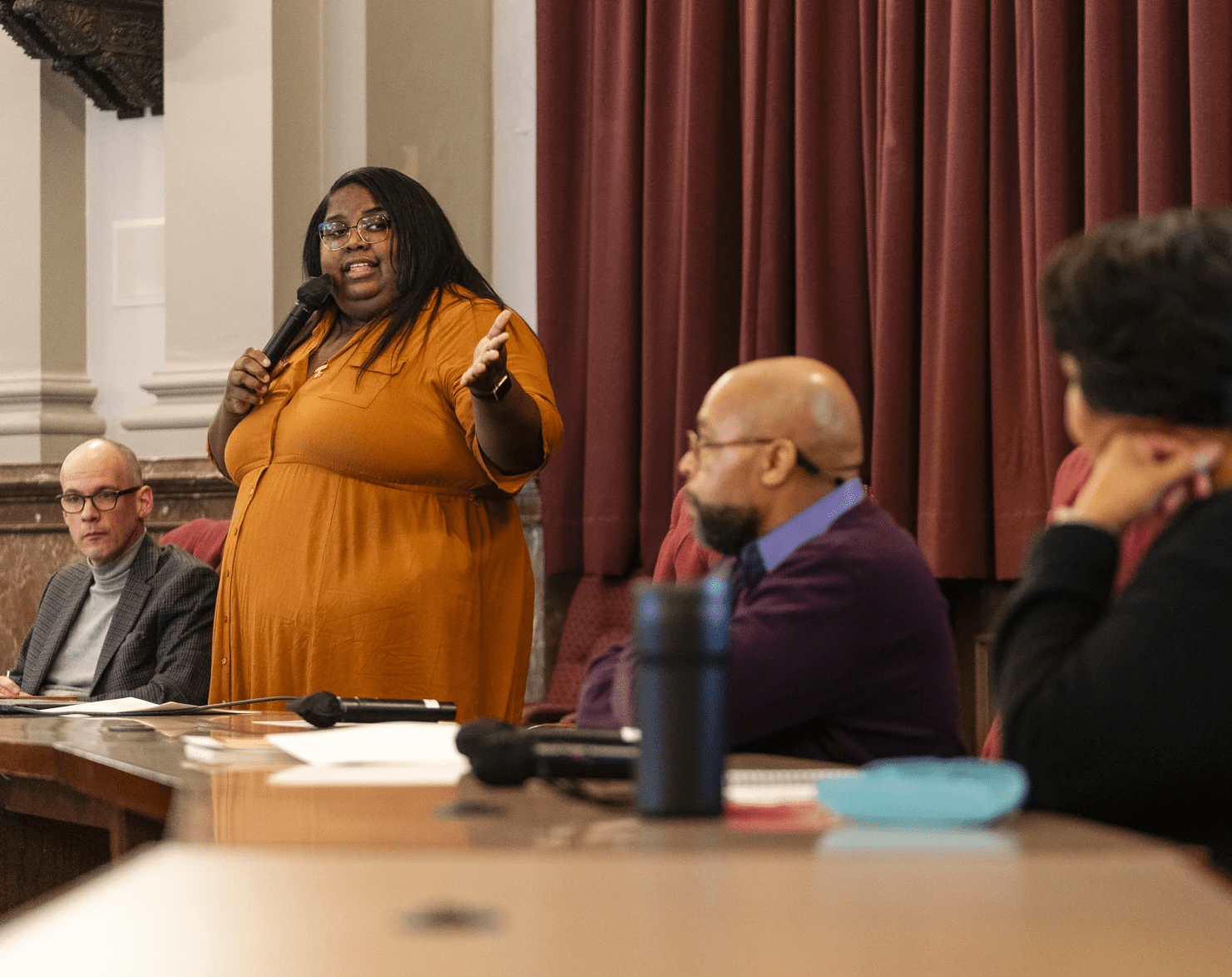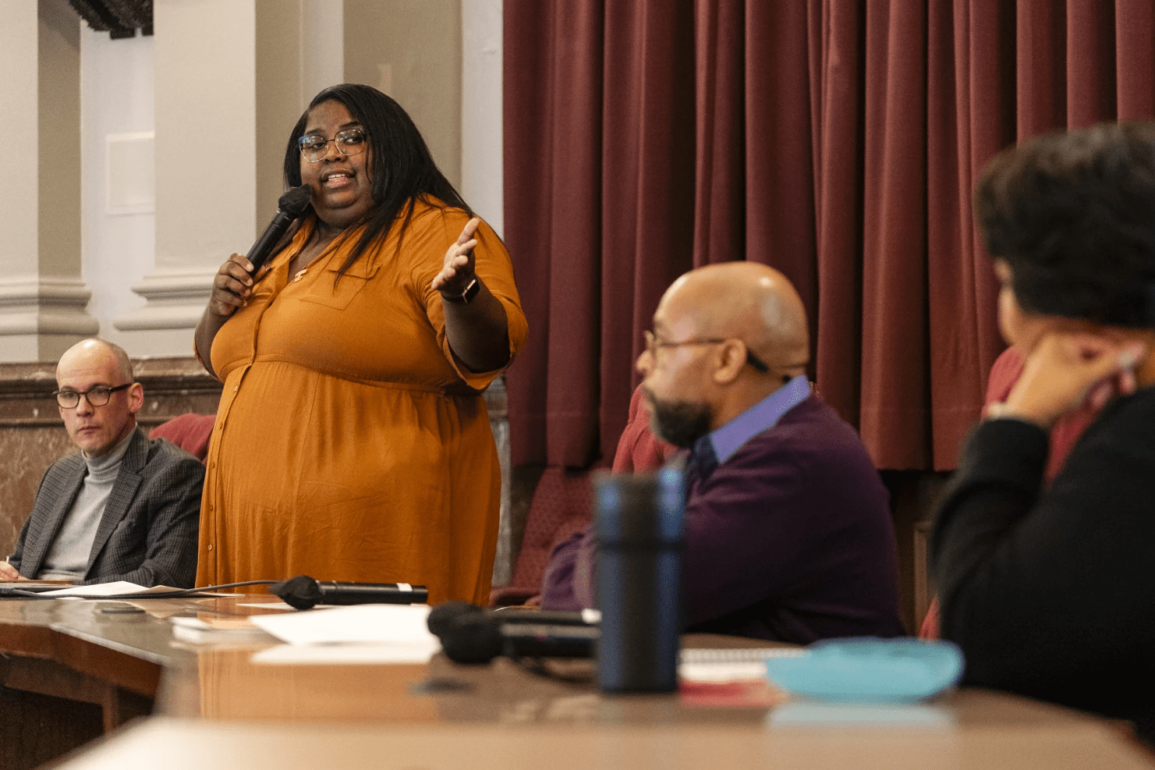
The City of St. Louis Reparations Commission has released its “comprehensive plan designed to address the longstanding impacts of systemic racism and economic inequality endured by Black residents.”
The report marks a major milestone in the city’s ongoing commitment to justice, equity, and reconciliation, according to Kayla Reed, Commission chair.
“This report is not just a reflection on our past—it’s a road map for building a more equitable future for all residents of St. Louis,” said Reed.
“The report marks a critical moment for our city. These recommendations offer a path toward healing and justice, addressing generations of systemic racism and economic exclusion.”
The Reparations Report includes action in areas including:
Housing and Neighborhoods: Policies designed to close the racial wealth gap, such
as business grants, homeownership programs, and land restitution.
Education: Proposals for increased investment in underfunded schools, specifically
targeting St. Louis Public Schools, to raise teacher salaries and provide robust support
services to Black students.
Home Restoration: Recommendations for restoring historically Black neighborhoods and
ensuring affordable housing is accessible to impacted communities.
Health and Well-Being: Initiatives to address health disparities through increased
access to medical care, mental health services, and trauma-informed resources.
“The work reflected in this report is an acknowledgment of the harms done, but more
importantly, it’s a commitment to correcting those wrongs and investing in the future of Black
communities in St. Louis,” said Dr. Will Ross, associate dean for diversity at Washington University School of Medicine and professor of medicine in the Nephrology Division, who serves as vice chair of the Commission.
“This report represents a turning point for St. Louis. It’s a recognition of the systemic barriers that have held back Black communities for generations. More importantly, it’s a commitment to dismantling those barriers,” said Ross.
“By implementing these recommendations, we are investing in a future where Black families can thrive, where equity is at the core of our policies, and where justice is no longer an aspiration, but a reality.”
Community involvement
According to the commission, the city of St. Louis engaged with local stakeholders, community leaders, and residents. Public meetings, listening sessions, and consultations were held “to ensure that the voices of those most impacted were central to the final recommendations,” a release stated.
The city is encouraging residents to review the report and participate in ongoing discussions about its implementation. A series of public forums and information sessions will be held to address questions and discuss next steps.
“If we implement [the recommendations], we can begin to close the racial wealth gap and build a St. Louis where every resident has the opportunity to thrive,” said Reed.To view the report, please visit: https://www.stlouis-mo.gov/government/departments/mayor/reparations- commission/index.cfm



